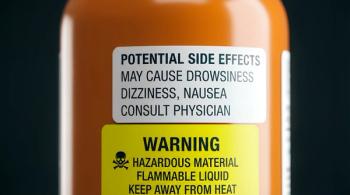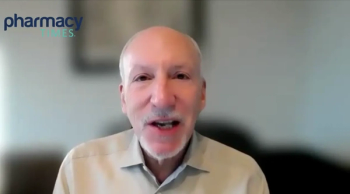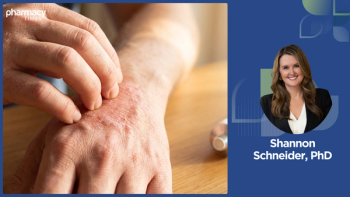
Can Direct-Acting Antiviral Drugs Cure Hepatitis C in 6 Weeks?
A typcial treatment regimen for hepatitis C virus lasts 12 weeks at a high cost.
Direct-acting antivirals for hepatitis C are expensive, at least in the developed world.
In a study presented at the International Liver Congress in Barcelona, a German researcher revealed findings of a study that showed the treatment duration for hepatitis C could be cut to 6 weeks.
In a pilot study called HepNet, patients with acute hepatitis C virus (HCV) genotype 1 monoinfection were treated with sofosbuvir/ledipasvir for 6 weeks, said Heiner Wedemeyer of the department of gastroenterology, hepatology and endocrinology at Hannover Medical School in Germany.
The study was funded by the German government, while Gilead Sciences provided the pharmaceuticals. The usual regimen for chronic HCV infection lasts twice that long.
“In my country that costs 60,000 euros, so this would cost half that,” Wedemeyer said.
Cost is important, but by treating these infections at the acute stage instead of waiting for them to become chronic, the odds the virus will spread go down, and of course patients experience less illness.
“Spending less is better, but it prevents spreading to others and these patients are ill for months,” Wedemeyer said. “If have hepatitis C I don’t want to wait around being yellow for 6 weeks,” he added, referring to the jaundice that accompanies infection.
In the trial, there were 20 patients from 10 centers, average age 46, and 60% of patients were men. They acquired the virus in different ways.
Most (55%) were infected through sexual transmission, about half men having sex with men; another 25% had needle-stick injuries, one through drug use, one was said to be infected during a nail treatment, and the rest did not know how they got it.
All were HCV GT 1, since the drug combo in Germany is approved only for treatment of GT1 and GT 4, he said. Within 6 weeks, all patients had undetectable levels of HCV.
“This was really spectacular,” Wedemeyer said.
These patients can be successfully treated with interferon, but that takes 6 months and often has severe side effects. Next up, researchers will look to see if a subset of patients might need the drug longer, and will also look at whether other HCV genotypes might respond similarly.
The study is not the first time researchers have reported success with shorter HCV treatment regimens. At last year’s US liver meeting, a team from China reported on a three-week HCV treatment with direct-acting antivirals.
Newsletter
Stay informed on drug updates, treatment guidelines, and pharmacy practice trends—subscribe to Pharmacy Times for weekly clinical insights.





























